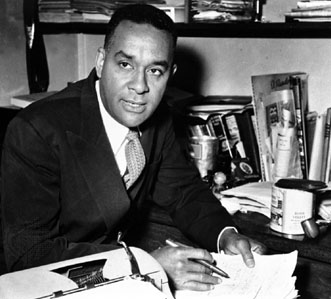One aspect of the narrative that is often cited as problematic in both West Side Story and Romeo and Juliet is the improbability of their relationship - people are incredulous at how knowing someone for two minutes could result in such a fatal attraction (pun intended... sorry).
As I watched the movie (for the 3rd... 4th... maybe 5th time), I realized that perhaps the essentially impossible nature of this central relationship is irrelevant. Even without realism, this story taps into a universal human desire. I can't imagine that there is anyone in the world who doesn't want to meet someone and know, instantly, that they were destined to be together forever (dead or alive). That suddenly, for better or for worse, that person matters more than anything else and most importantly, that that feeling is reciprocated. Tony and Maria are embodying a fantasy - but that doesn't make their story any less sympathetic. Because we all want that, we all want that for them - and when they can't fulfill this promise (on earth, which carries a certain Wagnerian/Tristan element - same source material, I realize), it's all the more tragic because of the destruction of that fantasy. We live in a world too imperfect for perfect love.
Yes, I'm really cheesy. But when it comes to West Side Story, is there anyone who isn't?



